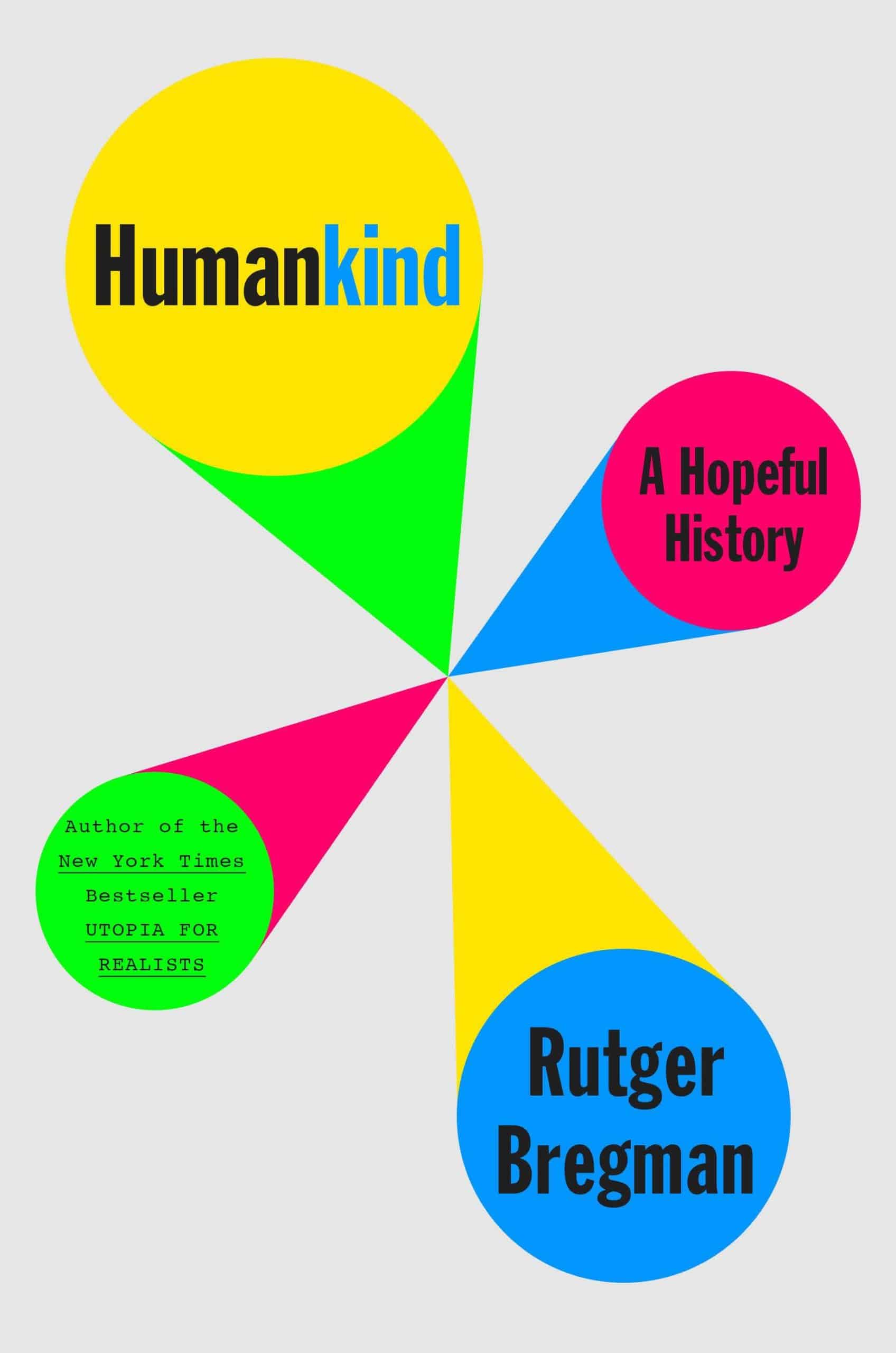Rutger Bregman
in conversation with D.A. Wallach
Rutger Bregman, a historian and writer at The Correspondent, is one of Europe’s most prominent young thinkers. His last book, Utopia for Realists, which was translated into thirty-two languages, was a New York Times bestseller. He lives in Holland. We did an in studio interview with Rutger Bregman for is last book, Utopia for Realists: How We Can Build the Ideal World.
Watch the in-studio interview we did with him for Utopia for Realists.
Reviews and features on the book
— In ‘Humankind,’ Bregman Aims To Convince That Most People Are Good, NPR
— Rutger Bregman’s optimistic history of the world, BBC History Magazine
— New ‘Humankind’ Book Says We’re Good, But Will That Save Us From Climate Change? Forbes
D.A. Wallach is a venture capital investor and an acclaimed recording artist. He began his career as one half of the duo Chester French. He now focuses on his other passion, investing. He has since built a parallel career as a venture capitalist, backing technology companies including Spotify, SpaceX, Ripple, The Boring Company, and Memphis Meats. Since 2015, D.A. has focused almost exclusively on biotechnology and healthcare, seeking to reinvent medicine through breakthrough start-ups. He is the co-founder of the non-profit Franca Fund for preventive genomics. He previously interviewed Michael Nesmith at Live Talks Los Angeles.
Humankind: A Hopeful History
“I greatly enjoyed reading Humankind. It made me see humanity from a fresh perspective and challenged me to rethink many long-held beliefs. I warmly recommend it to others, and I trust it will stir a lot of fruitful discussions.”
―Yuval Noah Harari, author of Sapiens and 21 Lessons for the 21st Century


